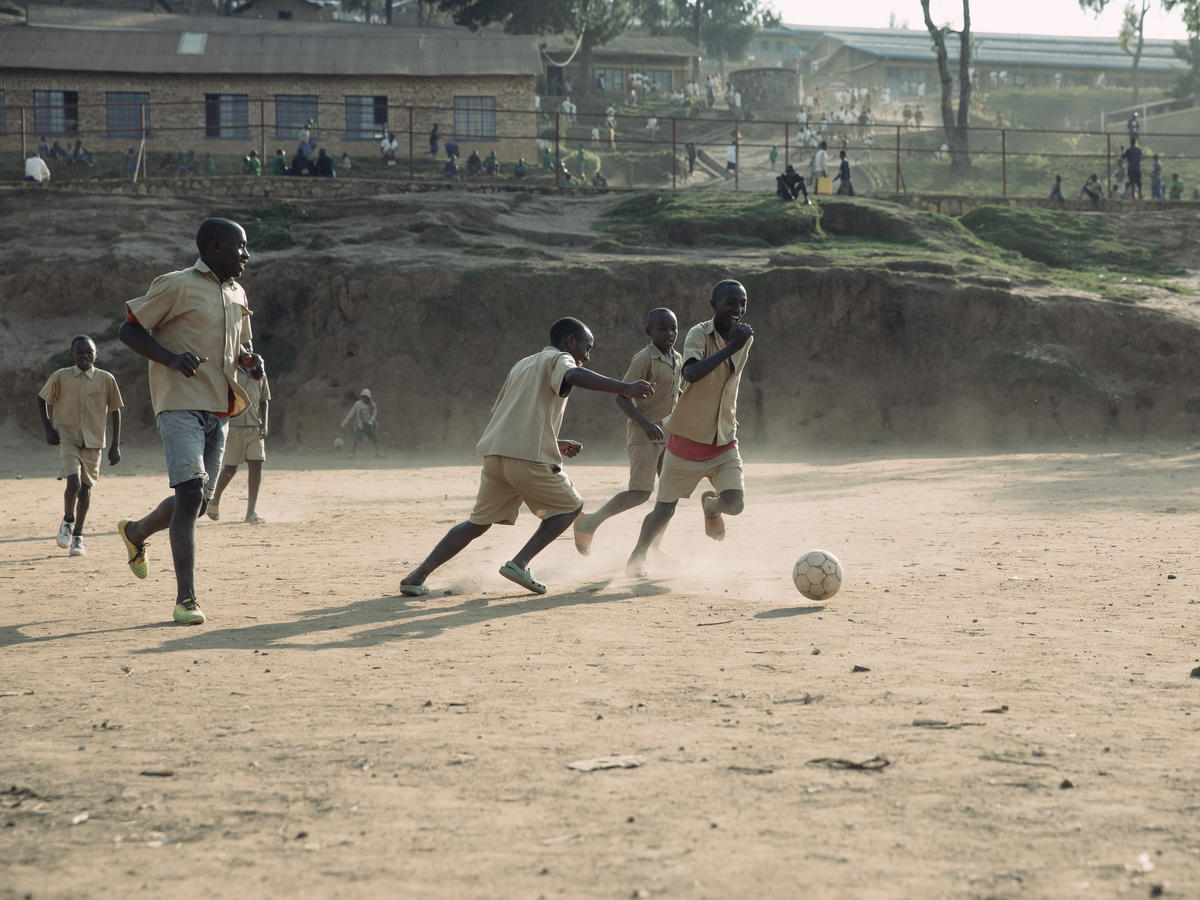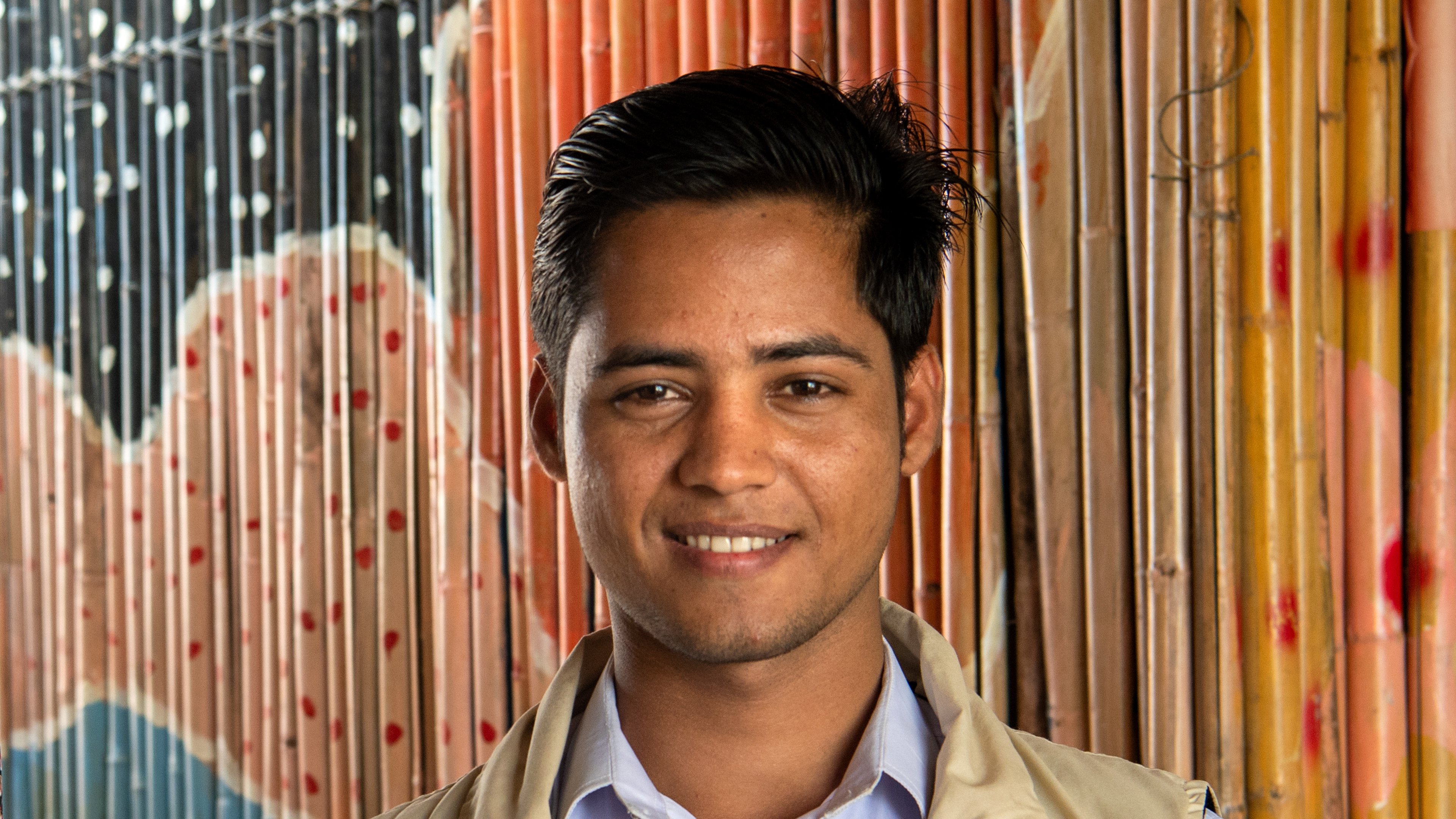Young Colombian refugees open up to hospital clowns
Young Colombian refugees open up to hospital clowns

CARACAS, Venezuela, March 6 (UNHCR) - Sometimes it takes a clown to bring out a person's innermost thoughts and concerns. There was a lot of laughter and a lot of honesty when 52 Colombian children met up with 10 clowns from the Doctor Yaso group last weekend in the office of a Catholic charity.
They were taking part in a focus session organized by UNHCR and aimed at assessing the needs and problems of refugees and asylum seekers. Such sessions take place at least twice a year and are used for planning and strategy purposes. This one was held in the offices of Caritas Venezuela, a partner of UNHCR.
The volunteers from Doctor Yaso, an association of hospital clowns, used games and drama to help bring out the concerns and needs of the youngsters, who fled with their families from Colombia to escape armed conflict or persecution. With the information gleaned by the clowns, UNHCR experts and psychologists can look at ways to help the children, who ranged in age from two-years-old to 16.
"If you could ask a genie three wishes, what would they be?" one of the clowns asked a group of 10 children. Seven said they would like to see an end to the war in Colombia and to have friends to play sports with.
Just like their parents, most young refugees yearn to return to Colombia but they understand how dangerous that could be. Once they leave their country, their main concerns are about being accepted and education.
Many of the children at the session told tales of rejection. Twelve-year-old Camilla* told a poignant story about a Venezuelan classmate who said to her: "I don't want to be your friend".
But at least Camilla can go to school, unlike many of the tens of thousands of Colombian refugee children in Venezuela. Some of them stay home and take care of their infant siblings while their parents go to work or look for a job. And many of those who do attend school cannot afford uniforms and school supplies.
"Complete access to education and a sense of belonging are specific needs of this age group, which are sometimes overlooked in the design of refugee programmes because parents are often the ones who speak," said Vincent Briard, an associate UNHCR protection officer.
"This year we decided to do the participatory assessment in a more creative way, through art, humour and entertainment, hoping this will help children to speak more freely," he added.
Despite the confessions, there was also time for laughter and fun, with entertainment provided by the clowns as well as storytellers and carnival characters. There were plenty of games and sweets.
This session paved the way for a partnership between UNHCR and the hospital clowns. Reynaldo Vecchionacce, one of the Doctor Yaso volunteers, said he was happy to work with refugee children: "With laughter and games, we are contributing to the design of strategies that will improve the quality of life of these children and their families in our country."
* Names been changed for protection reasons
By Ligimat Perez and Carolina Gonzalez in Caracas, Venezuela








